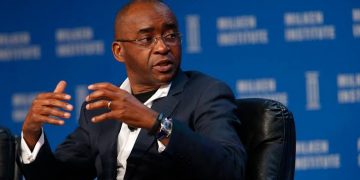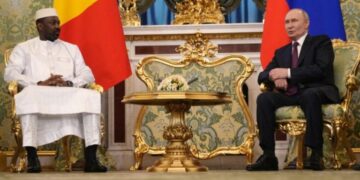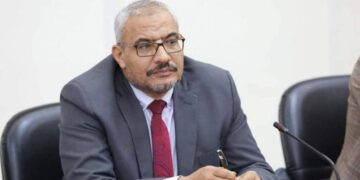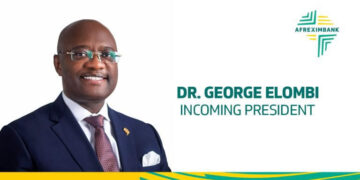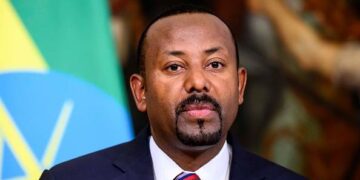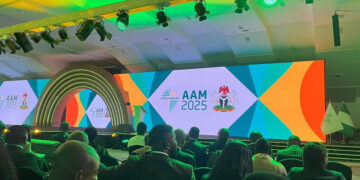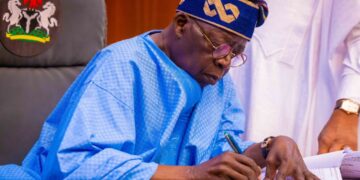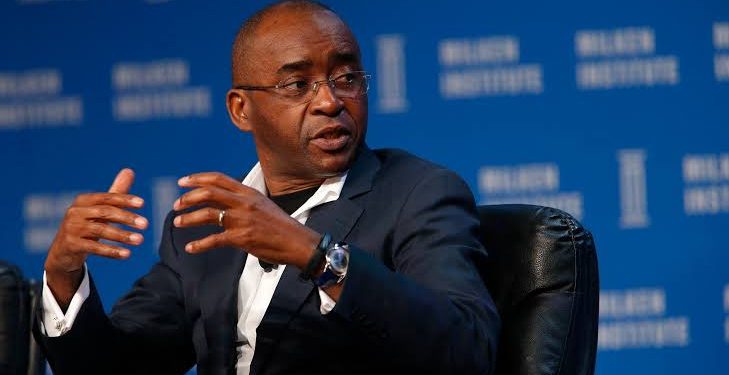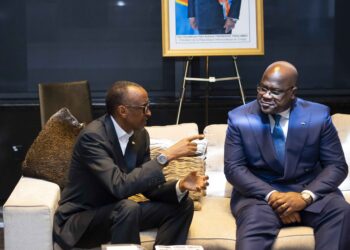By John Ikani
African Union (AU) has implored producers of vaccines to give the continent a fair shot at market access as opposed to waiting for donor-funded doses to arrive.
It also urged manufacturing nations to lift export bans so the continent can begin to address for itself the glaring inequity in access to coronavirus jabs, as wealthy nations hog available doses.
AU’s Covid-19 Special Envoy, Strive Masiyiwa, made the call on Tuesday during a press conference at the World Health Organization in Geneva.
“Vaccine sharing is good. But we shouldn’t have to be relying on vaccine sharing,” he said.
“We want to buy from those same manufacturers.”
While noting that the major Covid-19 vaccine producers have a moral responsibility to ensure equitable access to end the pandemic, Masiyiwa lamented that “those manufacturers know very well that they never gave us proper access”.
Masiyiwa said Africa was also setting up its own manufacturing capabilities and called for a temporary waiver of intellectual property rights on the vaccines, as a common good.
But the Zimbabwean telecoms mogul, who has been negotiating with vaccine suppliers, said lifting export restrictions would remove the most pressing issue preventing Africa from accessing more doses immediately.
He said: “It was a great miracle to have these vaccines. Now let this miracle be available to all mankind.”
Why is the plea necessary?
According to an AFP calculation, just nine vaccine doses have been administered per 100 people in Africa, a figure which stands at 118 doses per 100 people in the United States and Canada; 104 in Europe; 85 in Asia; 84 in Latin America and the Caribbean; 69 in Oceania and 54 in the Middle East.
Similarly, John Nkengasong, Director of the Africa Centres for Disease Control and Prevention, told the press conference that just under 3.5 percent of the eligible African population has been fully vaccinated.
WHO Director-General, Tedros Adhanom Ghebreyesus who also spoke at the press conference, lamented that African nations “have been left behind by the rest of the world.”
“This doesn’t only hurt the people of Africa, it hurts all of us,” he said.
“The longer vaccine inequity persists, the more the virus will keep circulating and changing, the longer the social and economic disruption will continue, and the higher the chances that more variants will emerge that render vaccines less effective,” he added.
The WHO wants 40 percent fully immunised in every country by the end of the year, and 70 percent of the world’s population by mid-2022.
It has called for countries to hold off administering extra booster shots until the end of December to allow more people to get a first dose instead.
